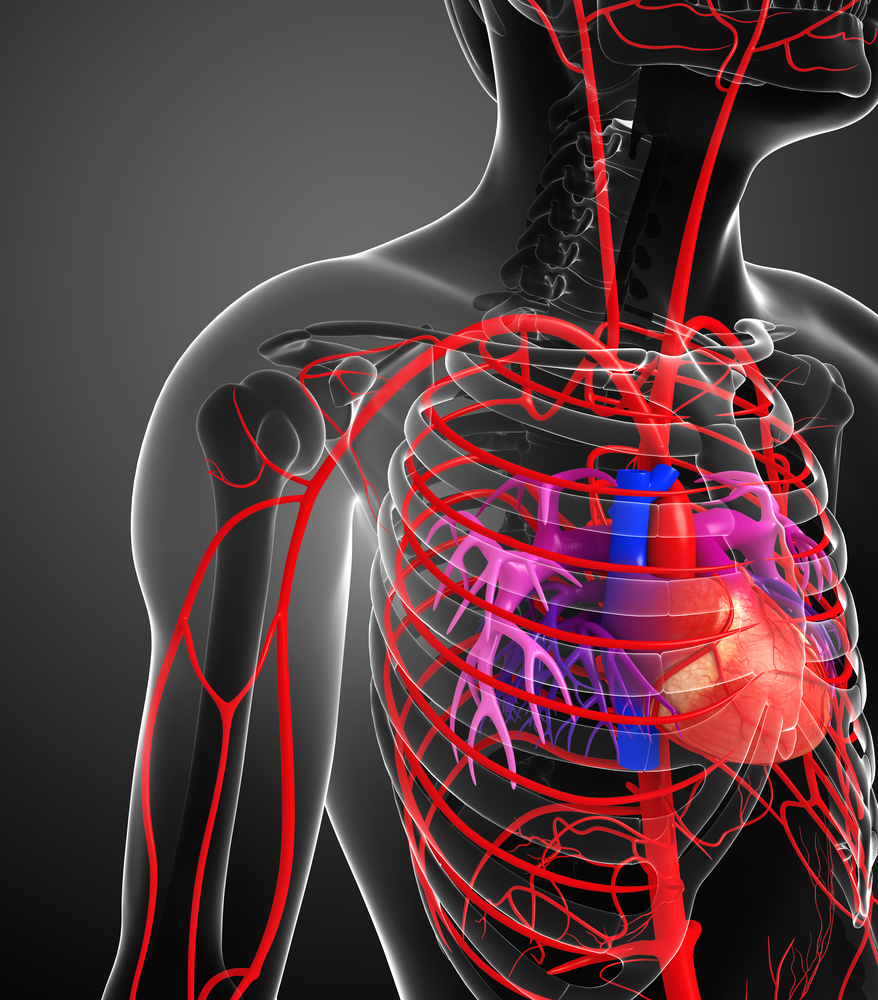Researchers from Thomas Jefferson Medical School (TJMS), Philadelphia, have recently released study findings which may hold important implications for a novel test currently approved for use to detect circulating tumor cells (CTCs) in patients with metastatic breast, colorectal, or prostate cancer. The study entitled, “Arterial Blood, Rather Than Venous Blood, is a Better Source for Circulating Melanoma Cells“, was published in the journal EBioMedicine, and shows that arteries instead of veins should be chosen for accurate levels of detection when conducting a liquid biopsy for CTCs.
About Liquid Biopsies
Liquid biopsies are a non-invasive method of detecting fragments of DNA (CTCs), that are shed by tumor cells in the bloodstream of patients. Liquid biopsies allow physicians to detect changes in patient’s tumor cells over time.
This study
The study was conducted in the laboratory of senior study author Dr. Takami Sato, MD, PhD, Professor, Director, Metastatic Uveal Melanoma Program, TJMS who specializes in Cancer Immunotherapy. Lead study author, Dr. MizueTerai, PhD, is a fellow studying under Dr. Takami, and a 2015 American Association for Cancer Research Woman In Cancer Research Scholar Award recipient.
In this study Drs. Takami and Terai and their collaborative team obtained blood specimens from both arteries and veins of 17 patients with uveal melanoma, a type of cancer in which malignant cells form in the tissues of the eye, with multiple hepatic metastases, to compare the numbers of CTCs detected in each vessel type.
The primary study findings showed that CTCs were detectable with higher frequency (100%) and in larger numbers in all arterial blood specimens than in venous samples (53%). Other important findings included:
- patients with hepatic metastases showed significantly higher numbers of arterial CTCs compared to patients with liver only metastases;
- there were no significant associations found between the number of arterial CTCs and the tumor burden within the liver of patients who had liver-only metastases.
These findings indicate that arterial blood specimens may be a better choice for accurate detection of CTCs to detect uveal melanoma cells.
In a University press release, Dr. Sato, stated, “If we can validate this approach for uveal melanoma, we hope to be able to catch cancer before it develops into metastatic disease. The work by Dr. Mizue & Terai and others at Jefferson gives us hope that CTC might be useful for uveal melanoma patients as well. On the other hand, our research raised a concern that venous blood specimens, which are tested as the standard practice for CTC measurement, might not be the best source for CTC detection.”


